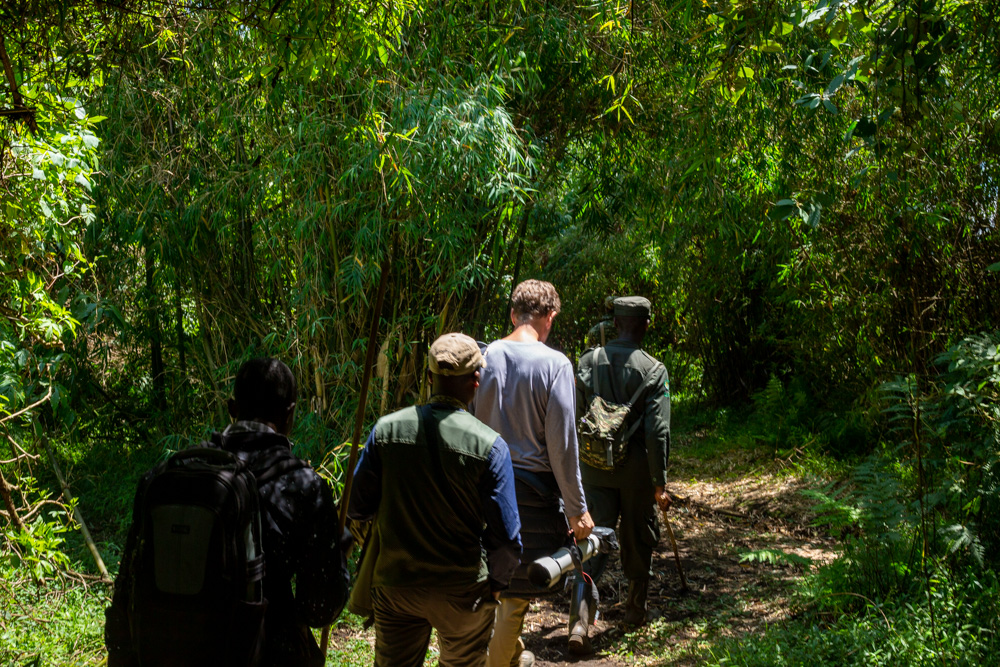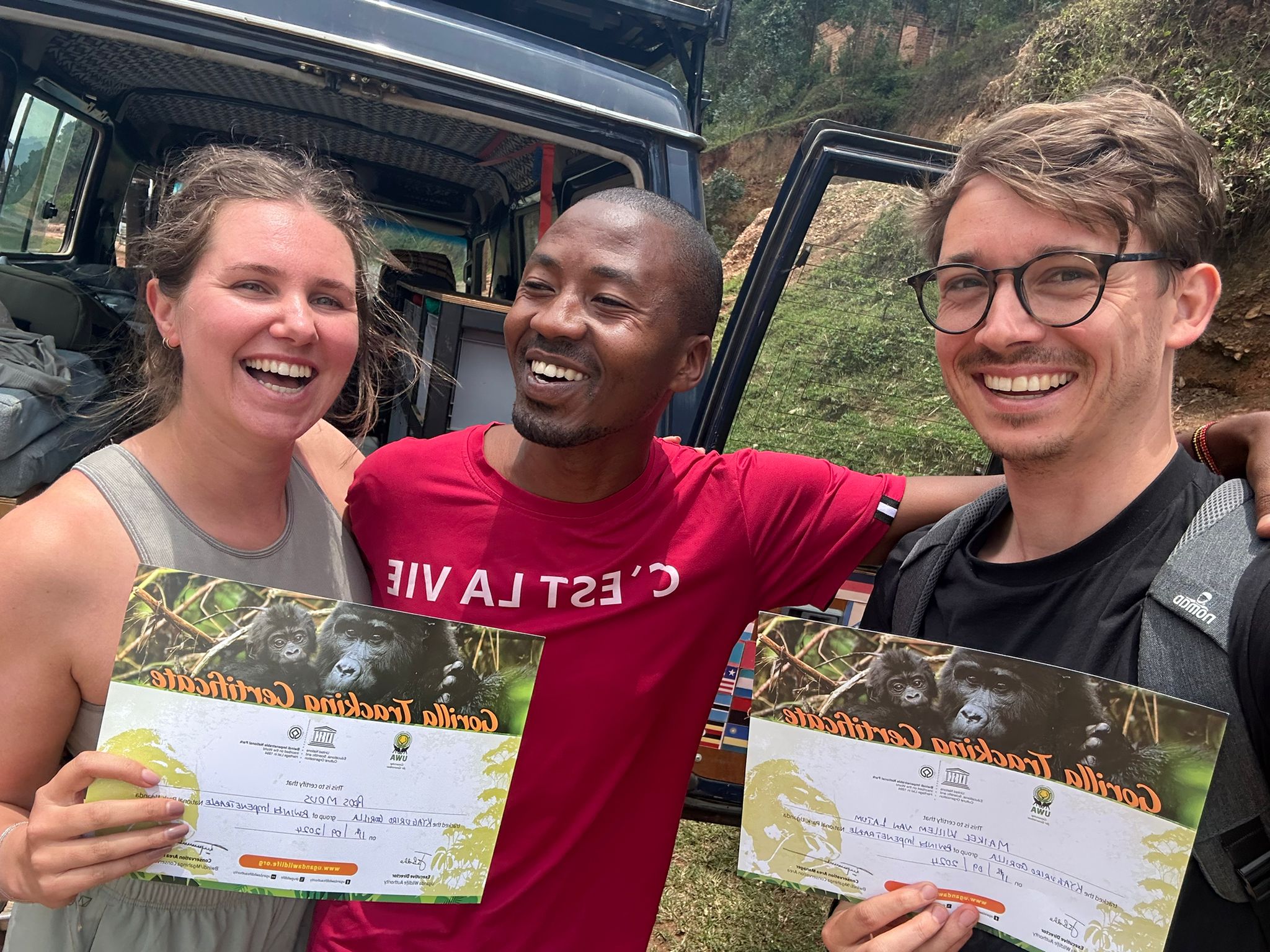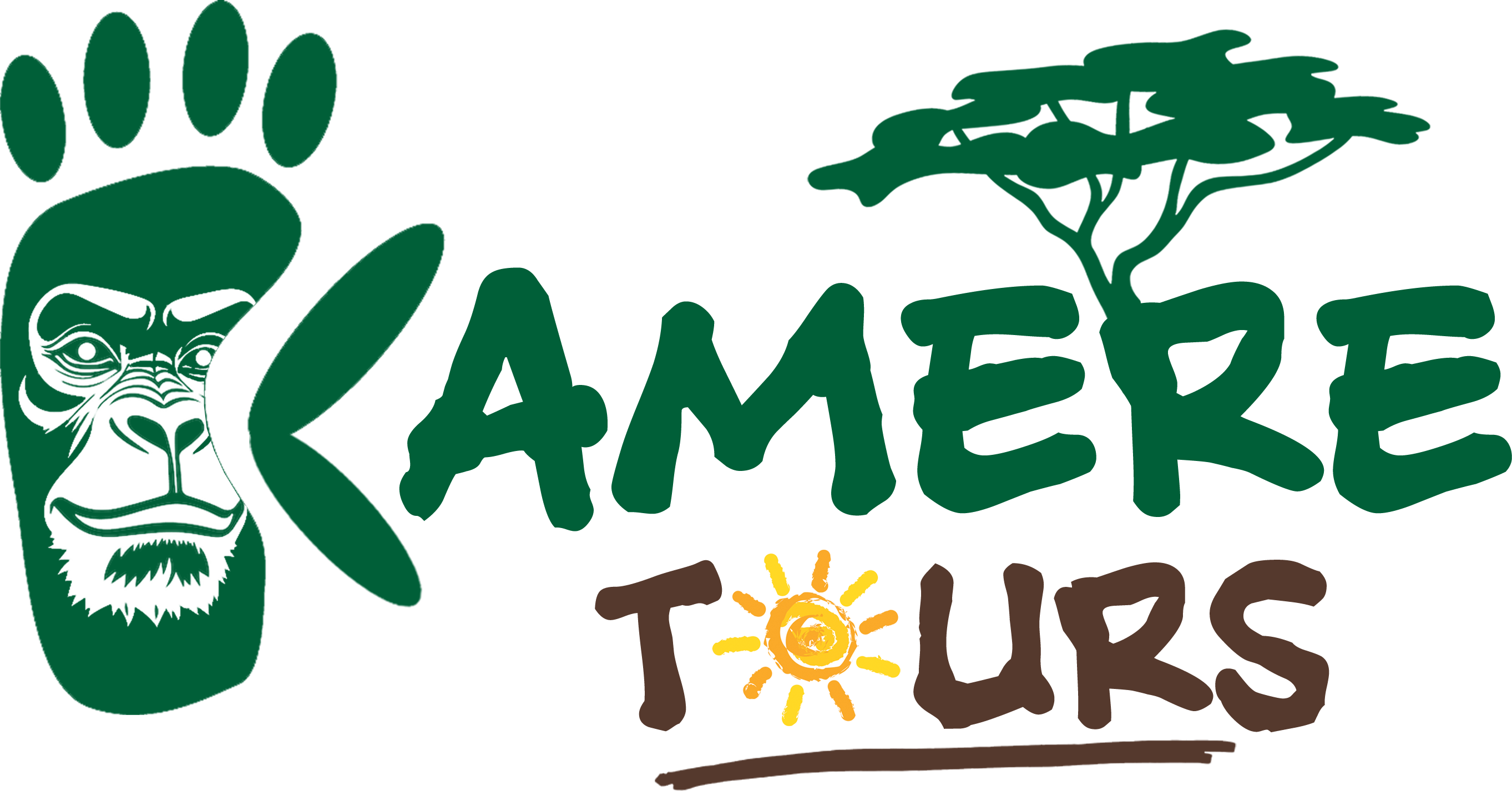What I Need To Track Gorillas In Bwindi Uganda from Kigali

What I Need To Track Gorillas In Bwindi Uganda from Kigali. Tracking mountain gorillas in Bwindi Impenetrable National Park is one of the most awe-inspiring wildlife experiences in the world. For many travelers, flying into Kigali, Rwanda, and then crossing into Uganda is the most efficient way to reach Bwindi. The drive is shorter than starting from Uganda’s capital, Kampala, and it often comes with less travel fatigue. But what exactly do you need to prepare for this journey? Here’s a complete guide to everything you need to know to track gorillas in Bwindi Uganda starting from Kigali.
1. Gorilla Tracking Permit
First and foremost, you need a gorilla tracking permit. In Uganda, this permit is issued by the Uganda Wildlife Authority (UWA) and as of 2025, it costs $800 USD per person for foreign non-residents. The permit allows you to spend one hour with a habituated gorilla family in Bwindi.
You can book your permit through UWA directly or via a licensed Ugandan tour operator. Permits should be booked 3 to 6 months in advance, especially if you’re planning to visit during the peak seasons (June–September and December–February).
2. A Valid Passport and Visa
To travel from Kigali, Rwanda to Uganda, you will need:
A valid passport (with at least 6 months before expiry)
A Ugandan visa, which can be obtained online via the Uganda Electronic Visa/Permit Application System.
Alternatively, if you plan to visit both Rwanda and Uganda (or even Kenya), consider applying for the East African Tourist Visa, which costs $100 USD and allows multiple entries into the three countries over 90 days.
3. Transport from Kigali to Bwindi
The drive from Kigali to Bwindi takes about 4 to 5 hours, depending on which region of Bwindi you are visiting. The most commonly accessed sectors from Kigali are Rushaga and Nkuringo, located in the southern part of Bwindi.
You can either:
Hire a private 4×4 vehicle with a driver/guide
Join a group tour
Use a tour operator to handle the transfer and accommodation logistics
Crossing the border at Gatuna or Chanika is fairly straightforward, though always check ahead for current regulations and road conditions.
4. Health and Safety Requirements
Travelers to Uganda are required to show proof of:
Yellow fever vaccination
A certificate of COVID-19 vaccination or a negative test (if required at the time of travel)
It’s also wise to pack:
Malaria prophylaxis
A basic first aid kit
Insect repellent
Bwindi is a rainforest—expect humidity, mud, and potential slips—so being physically prepared is important. You should be in reasonably good health and ready to hike for 2–6 hours (sometimes longer) depending on the gorilla group’s location.
5. Packing List for Gorilla Tracking
Packing the right gear will make your tracking experience more comfortable. Essentials include:
Hiking boots with good grip
Long-sleeved shirts and long trousers (to protect against nettles and insects)
A rain jacket or poncho
Gardening gloves (for grabbing branches and vines)
A hat and sunglasses
A backpack with at least 2 liters of water, snacks, and a packed lunch
Walking stick (provided at the briefing point, but you can bring your own)
Don’t forget your camera, but remember: no flash photography is allowed around the gorillas.
6. Accommodation Options
Bwindi has a range of accommodation to suit every budget. Whether you’re in the Rushaga, Nkuringo, Buhoma, or Ruhija sector, you’ll find options including:
Budget guesthouses
Mid-range lodges
Luxury eco-lodges with breathtaking views of the forest
It’s best to stay close to your assigned trekking sector, which is specified when your permit is issued. Booking your permit and accommodation together through a tour operator helps avoid mix-ups.
7. Local Culture and Community Tourism
Many travelers overlook this part, but the communities surrounding Bwindi offer rich cultural experiences. You can visit the Batwa pygmy communities, join a banana beer brewing demonstration, or take a village walk. Not only does this enrich your trip, but it also supports local livelihoods.
Ugandan people are welcoming and warm. Learning a few basic greetings in Luganda or Rukiga can go a long way in showing respect.
8. Tour Operators: DIY or Package Tour?
While independent travelers can certainly arrange everything themselves, many choose to book all-inclusive gorilla trekking packages that start in Kigali. These packages typically include:
Transport
Accommodation
Permits
Meals
A guide
Everything is streamlined, and you’re supported every step of the way
Tracking gorillas in Bwindi from Kigali offers not just convenience, but an unforgettable adventure that spans two East African nations. With the right planning—securing your permit, arranging transportation, packing properly, and staying healthy—you’ll be well prepared for one of the greatest wildlife experiences on Earth.
Whether you’re going solo or with a tour, be ready for a life-changing encounter with these magnificent primates in the heart of Africa.

Request for a Quote
Start planning your adventure trip today with a professional expert available to help you 24/7. Encounter Africa on your own terms.
Inquire Now
Visa Entry
Uganda offers online visa applications, but many travelers find it easier to pay (US$100) and obtain a visa upon arrival at points like Entebbe International Airport. For travel into Rwanda and Kenya, it's recommended to apply for an East African Visa.
Read More About Visas


